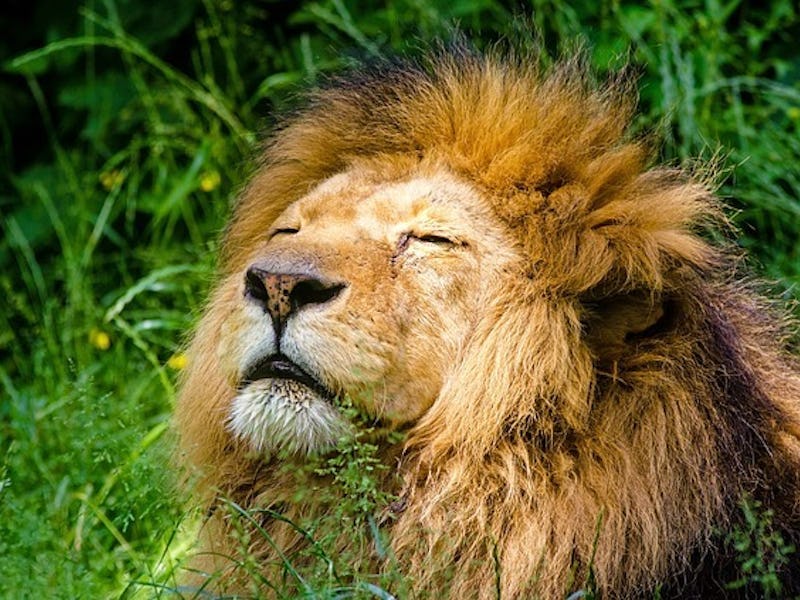ALTERNATE FUTURES | The Plot Against Wild Animals
A century ago, the future of the natural world looked a lot like the Bronx Zoo.

“There will be no wild animals except in menageries.” - John Elfreth Watkins Jr., 1900
In 1900, John Elfreth Watkins Jr. wrote an essay for Ladies’ Home Journal in which he laid out a series of predictions for the next 100 years. He got some things remarkably correct, coming close to the mark on things like air conditioning and the ubiquity of telephones. But, as invariably happens when even the brightest soothsayers predict in bulk, he got some things really, really wrong.
One thing he didn’t expect: The way mankind and wild animals would continue to coexist. Watkins Jr. assumed that if we kept up our prospecting, we’d end up conquering the whole planet in pretty short order and the natural world would be brought to heel or, barring that, a zoo.
This didn’t come to pass. Wild animals are still very much a thing and they still definitely exist outside fenced areas (or on the wrong side of fences). Mountain lions show up in cities, moose cross roads and sit on cars, and our forests, mountains, deserts, plains, prairies, tundras, fjords, and oceans are still full ofuntamable creatures, many of which we don’t even know about yet.
The early 20th century was a time of incredible expansion and growth. So was the 19th century before it, and the 18th and 17th centuries before that. Humans were finding new ways to live, communicate, push further into unexplored territory and live further from one another and from essential supply lines. We were spreading out. It’s not hard to imagine that an unchecked rate of growth might have pushed wild animals out of their habitats and into neatly contained places of exhibition. In fact, it has.
Everywhere we’ve built, we’ve displaced animals, leading to extinction, irreparable damage, and fundamental changes in our environment. This turns out to be a bigger problem than Watkins Jr. might have expected because the idea of ecosystems had a limited amount of traction at the turn of the 20th century. The necessity of wild animals had yet to become clear. Even now, we lack the technology to keep the systems that support life on the planet alive without the help of other species.
Sharks, for instance, keep fish populations in check and keep our oceans healthy. They are not in competition with fishermen. They are necessary for fishermen to make a living. Put another way, the case for conservation is practical, not aesthetic. Sure, we like nature because it is romantic and provides us with metaphors for our internal lives and leisure activities, but mostly we don’t want to die.
Still, without laws like the Endangered Species Act, Watkins Jr. might have ended up being considerably closer to correct. Maybe if wed been allowed to keep hunting, pushing, displacing and damaging the animals we share the planet with, there would be fewer places to find wild animals. And that could still happen. Poaching statistics indicate that the war on the natural world is still very much underway. The challenge put to mankind is not how to win it, but how to lose intentionally.